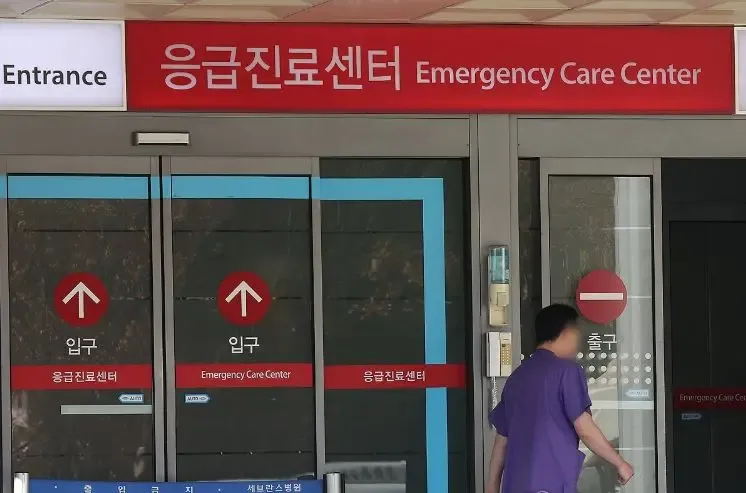South Korea to Advocate for Enhanced Medical Safety Measures

Synopsis
Key Takeaways
- Strengthening medical safety in South Korea.
- Increased state compensation responsibilities.
- Introduction of 'no punishment against will' policy.
- Mandatory insurance for medical institutions.
- Expansion of subsidies for emergency and infant care.
Seoul, March 6 (NationPress) South Korea will advocate for initiatives aimed at enhancing medical safety and mitigating medical accidents, including greater compensation responsibilities for the state, as stated by the health ministry on Thursday.
The outlined strategy, presented at a parliamentary policy forum, also proposes the introduction of a "no punishment against will" policy for fatalities that occur during essential medical procedures, along with the broadening of insurance coverage for medical mishaps, according to the Ministry of Health and Welfare, as reported by Yonhap news agency.
As part of this initiative, the ministry is exploring the possibility of allowing medical professionals involved in death cases linked to essential medical care to evade criminal charges if the deceased's family consents, aiming to alleviate the pressure on medical personnel.
Additionally, a new deliberation committee will be established to assess medical accidents and determine malpractice within 150 days, shifting the criminal prosecution focus from damage severity to malpractice considerations.
The proposal also mandates that medical facilities secure insurance against medical accidents, with a portion of the insurance premiums subsidized by the government.
Moreover, the government plans to evaluate the expansion of state subsidies for various medical services, including emergency medical treatment and intensive care for infants.
In the meantime, amidst ongoing disputes with trainee doctors, the South Korean government has hinted at the possibility of retracting a controversial decision to increase medical school admissions for the upcoming year, as per sources familiar with the situation, according to Yonhap.
Education Minister Lee Ju-ho met with medical school deans last month, indicating that he might consider setting an annual admission cap of 3,058 for 2026, a decrease of 2,000 from this year, contingent on the return of medical students currently on leave for the March semester, as reported by government officials and medical sources.
For over a year, the government and trainee doctors have been embroiled in a dispute following the government's decision to raise medical school admissions by 2,000 starting this year.
However, no definitive agreement was reportedly reached during the recent meeting.









